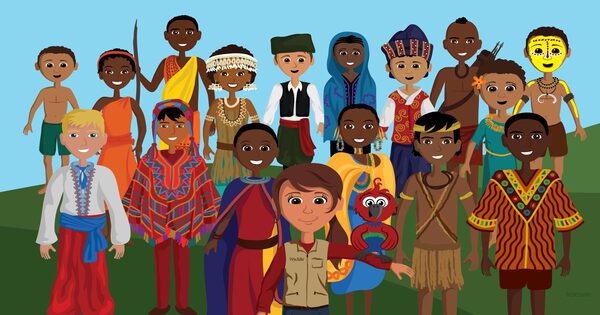Cultural practice is the embodiment of a culture or subculture, particularly in relation to the conventional and customary activities of a specific ethnic or cultural group. It refers to the habits, rituals, traditions, and behaviors that define a specific culture or group of people. Religious ceremonies, festivals, art forms, social interactions, food habits, and other activities can all fall under the category of these practices. Cultural practices are frequently used to express one’s identity, promote social solidarity, and pass down ideals from generation to generation.
The word is gaining popularity as a result of the growing debate over “rights of cultural practice,” which are protected in many jurisdictions for indigenous peoples and, in some cases, ethnic minority groups. It is also an important component of cultural studies and a prominent focus of international works such as the United Nations Declaration of the Rights of Indigenous Peoples.
Examples of cultural practices vary widely depending on the specific culture or community being discussed. For instance:
- Religious Practices: These can include prayers, worship services, pilgrimages, fasting, and various rituals associated with specific religious beliefs.
- Festivals and Celebrations: Many cultures have unique festivals and celebrations to mark significant events or seasons. Examples include Chinese New Year, Diwali, Christmas, Thanksgiving, and Carnival.
- Traditional Arts and Crafts: Different cultures have their own artistic traditions, such as painting, sculpture, music, dance, storytelling, and theater. These art forms often reflect the values, beliefs, and history of the culture.
- Cuisine and Food Practices: Food plays a central role in many cultures, and traditional dishes and cooking methods can be highly symbolic. Cultural practices related to food may include particular recipes, dining etiquette, and rituals surrounding meal times.
- Social Customs and Etiquette: Every culture has its own norms and expectations regarding social interactions, manners, and communication styles. These customs can vary significantly from one culture to another.
Cultural practice is also a hot topic in discussions about cultural survival. If an ethnic group preserves its nominal ethnic identification but loses its essential cultural practices, as well as the knowledge, resources, and ability to carry them out, it raises the question of whether the culture can genuinely survive. International organizations such as the United Nations Permanent Forum on Indigenous concerns are constantly working on these concerns, which are increasingly at the forefront of globalization discussions.
Overall, cultural practices have a significant impact on the identity and cohesion of communities around the world, creating a sense of belonging and continuity between generations.
















